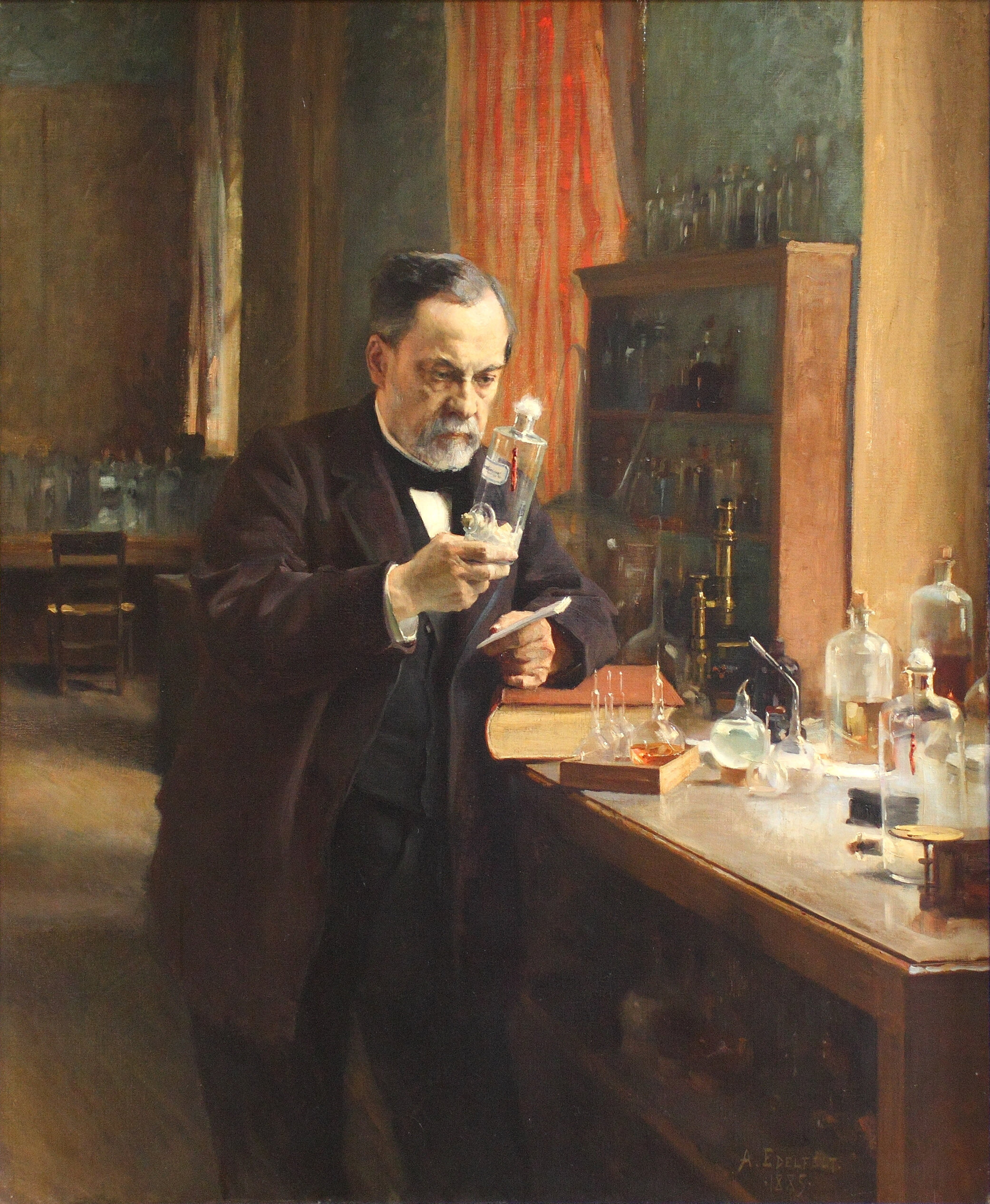Positive Living

A discredited theory from our world might form the important and very much accurate basis of medicine in medieval fantasy.
The funny thing is, a discredited theory from our world might form the important and very much accurate basis of medicine in medieval fantasy.
For a solid chunk of history, European healers could be broadly divided into two traditions. Mechanism, the faction which (to the best of our current understanding) proved to be more or less correct, was the belief that life is the result of comprehensible and observable mechanical functions. According to mechanism, life results, not from mysterious energy fields, but from processes of chemistry and physics which can be understood and to some extent reproduced. These physical processes might be incredibly complex – the thinkers who defended mechanism in the Renaissance era never imagined something as complicated and difficult to comprehend as our understanding of neurotransmitters – but in theory they can all be reproduced if the correct chemicals are mixed together, the right proteins interact, or the fight electrical current introduced into a tissue.
The opposing view was vitalism, which was really several dozen differing school that all shared one central idea: life is so complex and miraculous and incomprehensible that there must be some “vital spark” or “vital principle” which gives animation to tissues. Unsurprisingly, this was a point of view which was generally informed by religious belief. Most vitalists didn’t explicitly speak of the “soul” as the animating force, but their arguments often boiled down to how humans were “obviously” different (read: superior) to animals by virtue of this vital principle and towards the end of the debate several authors rather petulantly complained that mechanism had to be wrong simply because it “reduced” humanity to the point where they were no different from other animals. Vitalism persisted for decades in the face of what we now consider overwhelming evidence because it was an attractive concept… it made people feel special, and nobody likes be told they aren’t special.
Here’s the weird thing, though: healing magic, as presented in most fantasy settings including the two main SRDs, is totally illogical and irreconcilable with modern models of disease and healing, but it makes perfect sense in a universe where life is “powered” by a vital principle. D&D and Pathfinder both have a name for the vital principle, in fact: positive energy. This mysterious force comes from the gods themselves and empowers living things with the animation that allows their cells to function, their neurons to fire, and their tissues to self-repair. If life in a universe is powered by vital principle, then it’s entirely logical that cure spells can close up any wound or cure any disease (with the possible exception of cancer, although if cure spells regulate positive energy rather than simply blindly infuse it then even this makes adequate sense). A creature without positive energy becomes, more often than not, a soulless abomination and a danger to all life around it. All of this is actually quite consistent with how many vitalist authors conceptualized the vital principle, although understandably, very few of them speculated on how magical healing might work. To my knowledge, no vitalist author ever speculated that vital principle could be harnessed to burn evil creatures or repel the undead, but it wouldn’t surprise me if some particularly religious thinker had pondered this.
I suppose it’s all the more of a shame that health and healing in our world aren’t based on vitalism, because if they were, then our twenty-first century knowledge of electromagnetics and energy might have led to some amazing discoveries related to vital principle. As is generally the case, living in our world is a good deal less cool than living in a magical one.
More than four years ago, Dr. Eris Lis, M.D., began writing a series of brilliant and informative posts on RPGs through the eyes of a medical professional, and this is the one that appeared here on May 8, 2016. Lis is a physician, gamer, and author of the Skirmisher Publishing LLC OGL sourcebook Insults & Injuries, which is also available for the Pathfinder RPG system.

